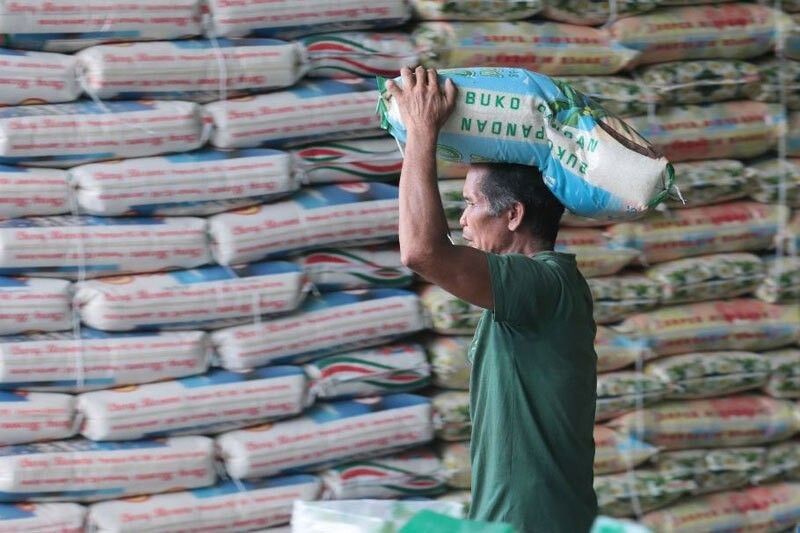Record P34 billion rice tariff collected in 2024

MANILA, Philippines — The government collected a record P34 billion in rice tariff last year, driven by bigger import volume coupled with higher shipment valuation and a weaker peso. Preliminary Bureau of Customs (BOC) data showed that total rice tariff collections in 2024 rose by 13.11 percent year-on-year to P34 billion from nearly P30 billion in 2023.
The increase in rice tariff collections was driven by the higher volume of imports, a weaker peso and better shipment valuation by the customs bureau despite the lowering of the tariff rate to 15 percent in July.
Rice import volume last year reached 4.74 million metric tons, about a third higher than the 3.561 million MT volume recorded in 2023.
The average rice import valuation on a metric ton basis, meanwhile, rose by 18 percent year-on-year to $511.83 from $433.49 in 2023, based on BOC figures.
BOC data also showed that the average exchange rate on rice imports last year stood at P57.22:$1, nearly three percent weaker than the P55.65:$1 recorded average rate in 2023.
Rice tariffs collected by the BOC all dropped on an annual basis beginning July, when the lower tariff rate took effect, except in October when import volume nearly quadrupled, offsetting the lower tariff rate.
Experts earlier pointed out that the country had to import more rice last year to plug the shortfall in its domestic output caused by extreme and unfavorable weather conditions.
Likewise, the rice tariff cut was seen to incentivize importers to bring in more foreign supplies in the market, which was the goal of the government to temper and avert a spike in retail prices of the staple.
The Department of Agriculture also noted that the rice tariff reduction disincentivized smuggling of the grain, forcing unscrupulous traders and importers to file their shipments legally, thus reflecting a “more accurate” volume of rice imports in the country.
Rice tariff collections have been a vital component of the state’s program for rice farmers since these are earmarked for the rice competitiveness enhancement fund.
The RCEF is an annual program created under Republic Act 11203 or the rice tariffication law that seeks to improve the competitiveness of the domestic rice industry.
With the enactment of RA 12078, which amended RA 11203 to extend RCEF, the guaranteed amount of the earmarked program has been increased to P30 billion from P10 billion until 2031.
The P30-billion RCEF is supposed to begin this year, but the Department of Budget and Management (DBM) earlier disclosed that only P10 billion has been allocated by Congress for the RCEF in the 2025 General Appropriations Act (GAA).
The additional P20 billion budget needed to complete the guaranteed fund of RCEF this year would be sourced from excess revenues, unused funds and contingent funds of the government, according to the DBM.
- Latest
- Trending



























